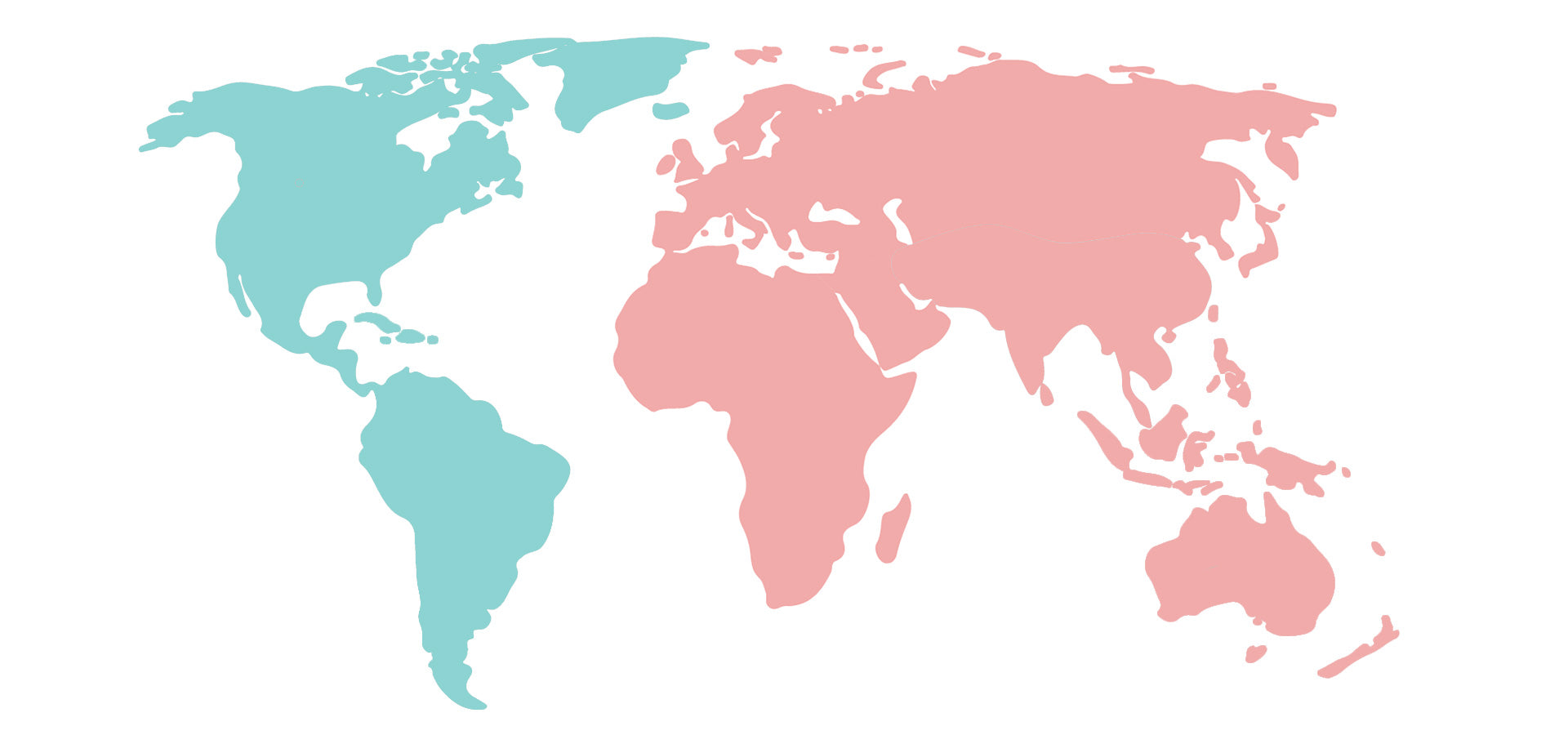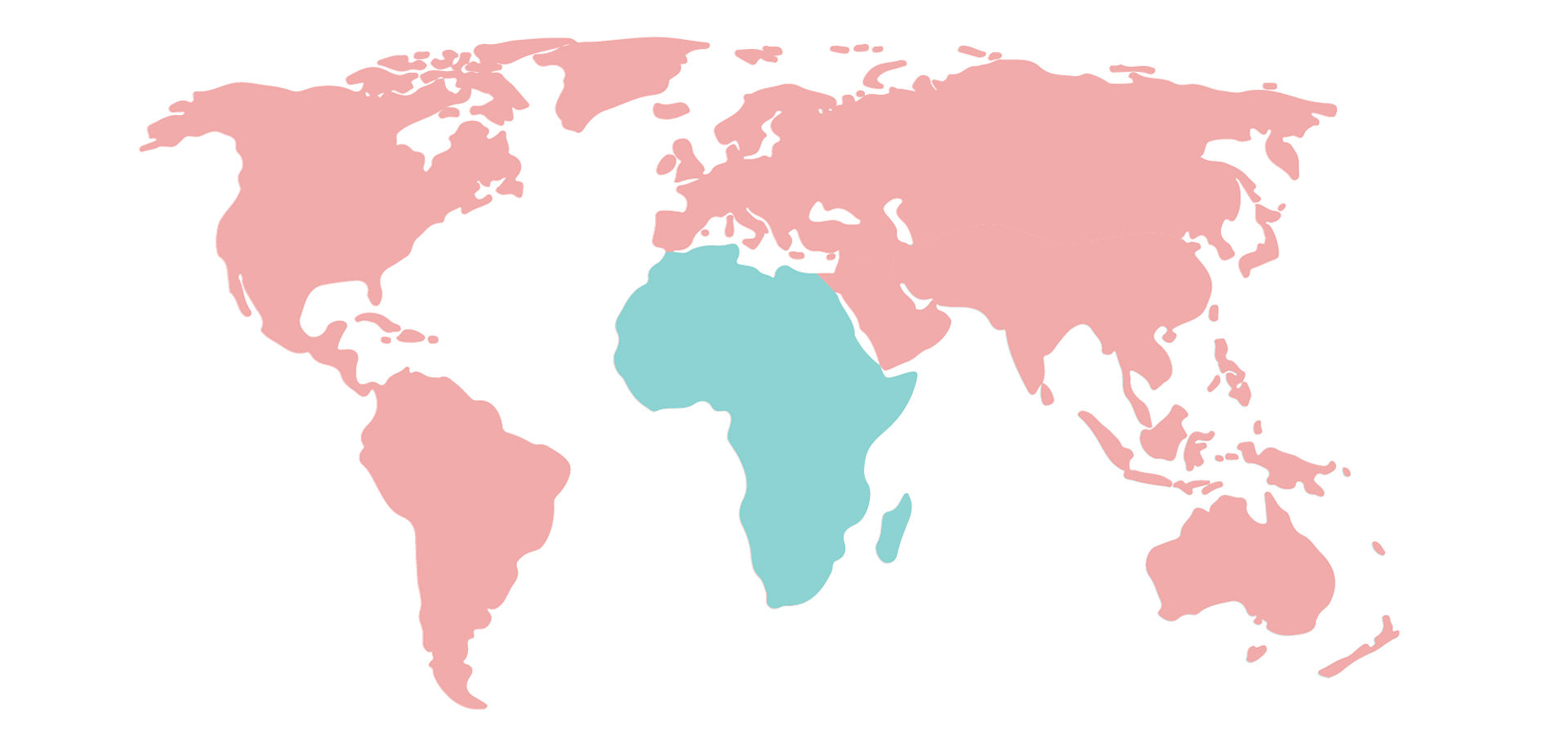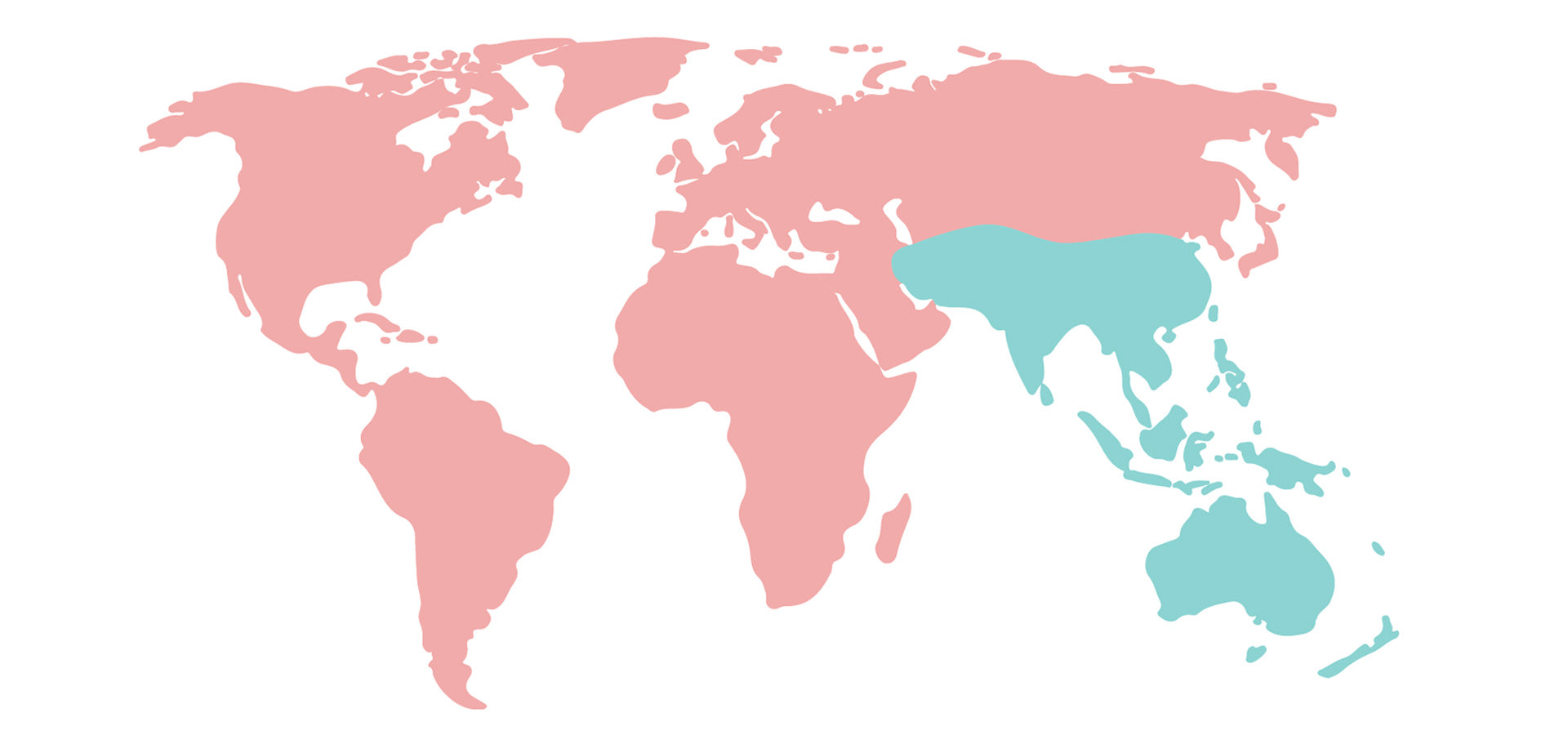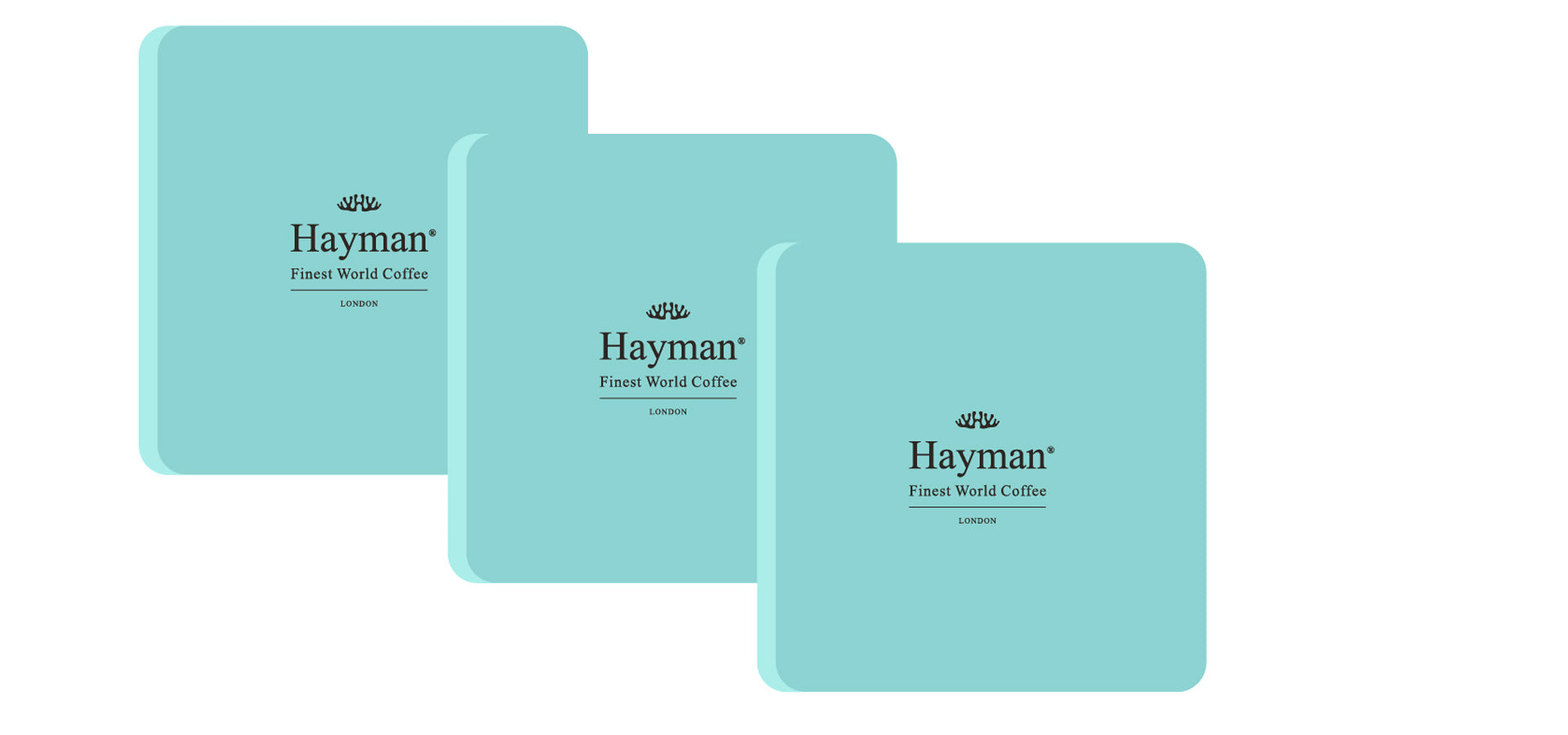Is Kona Coffee Better Than Regular Arabica Coffee?

Coffee is more than just a beverage; it’s a global culture, a daily ritual, and for many, an essential start to the day. Among the myriad varieties of coffee available, Kona coffee stands out, often touted as one of the finest coffees in the world. But what makes Kona coffee, one of the most famous and rare Arabica coffees, truly special, and is it really better than regular Arabica coffee? Let's dive deep into the origins, cultivation, flavor profiles, and market perceptions of these two beloved coffee options to uncover the answer.
The Origins of Kona Coffee
Kona coffee, the best Hawaiian coffee, hails from the slopes of Hualalai and Mauna Loa in the North and South Kona districts of Hawaii's Big Island. The unique combination of volcanic soil, elevation, and the region's ideal climate creates perfect conditions for growing coffee. The mornings typically offer bright sunshine, while afternoons bring cloud cover and rain, and the nights are mild. These factors contribute to the distinct flavor profile that Kona coffee is famous for.
The Arabica Coffee Spectrum
Arabica coffee, on the other hand, is a species of coffee originally from Ethiopia. Today, it is grown in many coffee-producing regions worldwide, including Central and South America, Africa, and parts of Asia. Arabica is prized for its variety of flavors and higher acidity compared to Robusta coffee, another common coffee species. It accounts for about 60% of global coffee production and encompasses a wide range of flavor profiles depending on the specific origin, altitude, and processing methods used.
Cultivation and Harvesting
Kona Coffee
The best Kona coffee Hawaii produces is primarily grown on small family farms, where traditional methods of cultivation and harvesting are preserved. The coffee trees are often shaded by macadamia nut trees, which not only provide an additional crop but also protect the coffee plants from excessive sun and wind. Harvesting is done by hand, cherry by cherry, ensuring that only the ripest fruit is picked. This meticulous care contributes significantly to the quality of the final product.
Regular Arabica Coffee
Arabica coffee is cultivated in various regions, each with its own unique methods and challenges. In many regions, the cherries are also handpicked, especially in areas where the terrain is too rugged for machinery. However, in larger coffee plantations, mechanical harvesting might be employed, which can affect the overall quality of the beans. The diversity in cultivation practices results in a wide range of flavors and qualities in Arabica coffee.
Flavor Profiles
Kona Coffee
The best Kona coffee beans are known for their smooth, rich flavor with a medium body and bright acidity. It often has sweet, fruity, and floral notes with a hint of spice and a silky finish. The volcanic soil adds a unique mineral undertone, contributing to its distinctive taste. The balance of flavors in this wonderful Hawaiian coffee is typically well-rounded, making it a favorite for those who appreciate a refined, nuanced cup.
Regular Arabica Coffee
Arabica coffee's flavor profile can vary dramatically depending on its origin. For instance, Ethiopian Arabica often has bright, fruity, and floral notes, while Colombian Arabica might present a more balanced flavor with hints of chocolate and nuts. Generally, regular Arabica coffee is characterized by higher acidity and a broader spectrum of flavors compared to Kona coffee. This variety makes Arabica coffee a versatile choice for different brewing methods and personal preferences.
The Market and Perception
Kona Coffee
The best Kona coffee Hawaii produces commands a premium price in the market due to its limited production and high-quality reputation. It is often sold as a single-origin coffee, which means it comes from a specific farm and is not blended with beans from other regions and/or estates. This exclusivity and the meticulous production process contribute to its high cost. Additionally, the Kona coffee industry faces challenges with counterfeiting, where lower-quality beans are mixed with a small percentage of Kona beans and sold as "Kona blends." Authentic 100% Kona coffee will be clearly labeled and often comes with certification to verify its origin.
Regular Arabica Coffee
Common Arabica coffee is more widely available and can be found in various price ranges, from affordable supermarket brands to high-end specialty coffees. The broad range of origins and flavors makes Arabica accessible to a wide audience. Specialty Arabica coffees are often single-origin as well, but blends are also common, allowing roasters to create unique flavor profiles. The market for Arabica coffee is vast and diverse, catering to different tastes and preferences.
Is Kona Coffee Truly Better?
The question of whether Kona coffee is better than regular Arabica coffee ultimately depends on individual preferences and priorities. Here are some factors to consider:
Quality and Consistency
Kona coffee is often lauded for its consistent high quality, thanks to the stringent cultivation and harvesting practices on small family farms. If you value a consistently excellent cup of coffee with a smooth, balanced flavor, Kona coffee is a strong contender.
Flavor Preferences
If you enjoy exploring a wide range of flavors and aromas in your coffee, regular Arabica offers may offer more variety. From the fruity and floral notes of Ethiopian Yirgacheffe to the nutty and chocolatey tones of Brazilian Santos, more common Arabica coffee can cater to diverse palates.
Ethical and Sustainable Practices
Both Kona and Arabica coffees can be grown sustainably and ethically. Many Kona coffee farms are family-owned and adhere to environmentally friendly practices. Similarly, many Arabica producers are part of fair trade and organic certification programs, ensuring fair wages and sustainable farming methods. If ethical sourcing is important to you, look for certifications and information about the farm or cooperative where the coffee is produced.
Price and Accessibility
Kona coffee is generally more expensive and harder to find than regular Arabica coffee. If you are on a budget or prefer the convenience of readily available coffee, Arabica offers more options. However, for a special treat or a unique coffee experience, Kona coffee is worth the investment.
Conclusion
In the end, whether Kona coffee is better than regular Arabica coffee comes down to personal preference. Kona coffee's smooth, rich, and balanced flavor is a delight for many coffee enthusiasts, while the diverse and complex flavors of Arabica coffee offer a world of exploration for others. Both types of coffee have their merits and can provide a satisfying and enjoyable experience.
If you haven’t tried Kona coffee yet, it’s worth experiencing at least once to understand why it is so highly regarded. On the other hand, if you love the variety and exploration that comes with Arabica coffee, you might find that it suits your adventurous palate better. Regardless of your choice, both Kona and Arabica coffees celebrate the rich tradition and artistry of coffee cultivation and offer a chance to enjoy one of the world’s most beloved beverages.
At Hayman’s online store you will find the best Hawaii Kona coffee beans. It is available in all forms, such as whole bean, ground coffee, and capsules/pods. Click HERE to order today, we offer free worldwide shipping!










